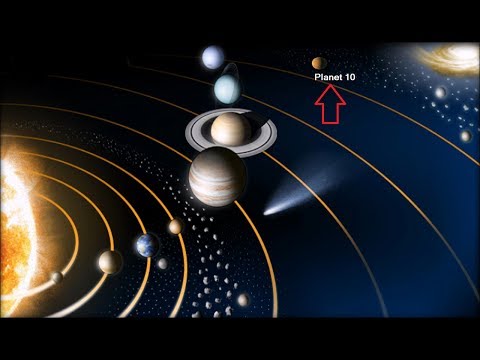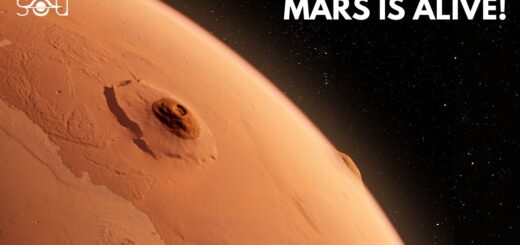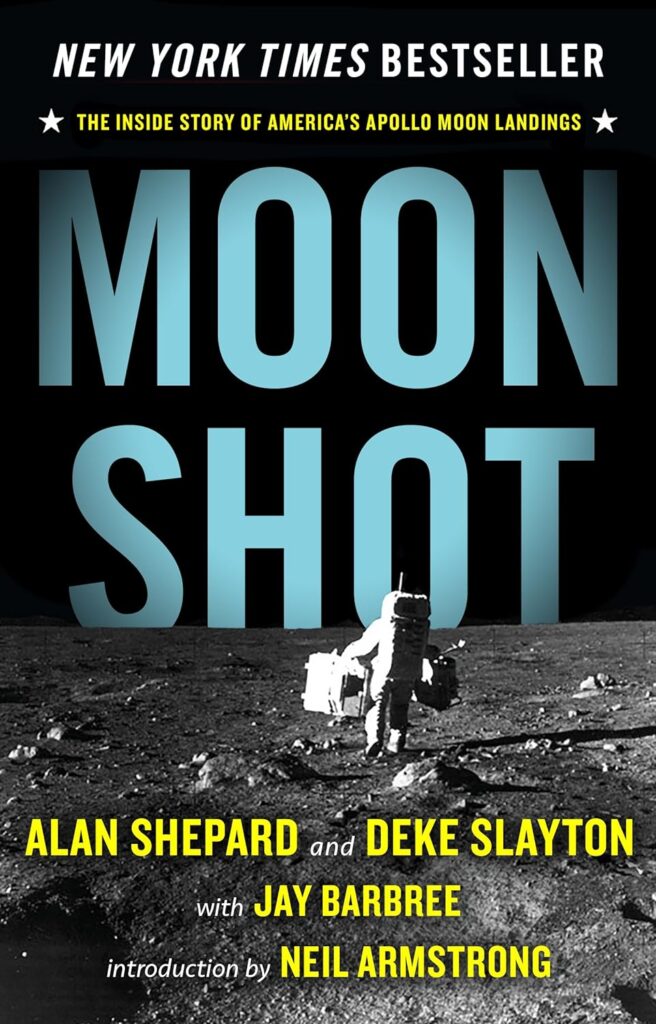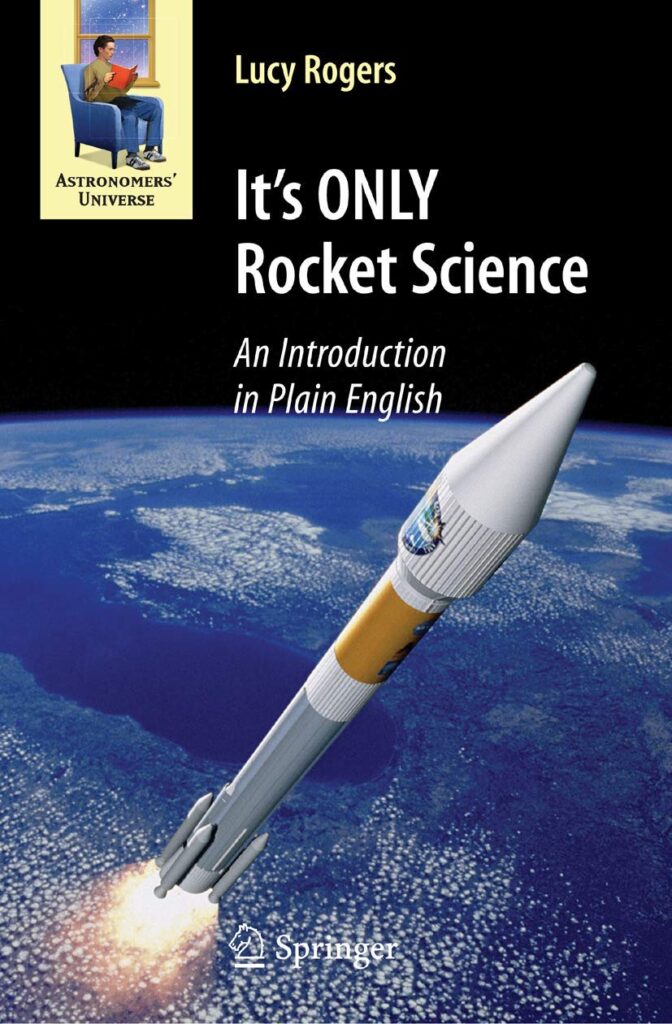This gas on Venus could be a new sign of life
– Deep within the acid clouds above Venus,astronomers have detected something new,a gas that could be a sign of life. The gas is phosphine, a toxic moleculewith an odor of garlic and dead fish. Astronomers discovered thecompound in a cloud layerwhere temperatures are fairly closeto those on earth’s surface. Phosphine is exciting becauseof where it comes from. On earth, it’s eithermanufactured by humans,or it’s a natural byproduct of life. It just doesn’t show up anywhere else,and there’s no humanmanufacturing on Venus. Phosphine is not sure fireproofthere are alien microbeson the cloudy planet,but it does mean thatsomething is going on there. Something that we don’t understand. Here’s the backstory. Late last year, a teamat MIT put out a papercalling phosphine gas a bio signature,a substance that may comefrom life on another world. The team argued that phosphine has noabiotic false positives,meaning nothing but life couldnaturally produce the gason a rocky planet like earth. They suggested astronomerslook for phosphinein the atmospheres of planetsorbiting distant stars. Find phosphine and you’vemaybe found alien life. But this year, an international team,including several researchers at MIT,started looking for phosphinea little closer to home ,in the clouds above Venus. They used two telescopesto break apart the lightfiltering through gasesin Venus’s atmosphere. By looking at variouswavelengths or spectra,as they pass through these molecules,scientists can find fingerprintsof the gasses present,and amazingly they foundit, a signature linein the spectrum rightwhere phosphine should be. It’s a pretty low concentration. One of the researchers describedit as “a few tablespoons”in an Olympic-size swimming pool. “But that’s actually quite a lotcompared to what we find on earth. And that may mean that somethingis actively replenishing the supply. To stress test their find,the team tried to come upwith other explanations for the gas. They modeled things likelightning strikes and meteorsto see if those events might producethis amount of phosphine. So far, nothing matches up. Now, things could changein the months ahead. It’s possible that thissignal could be explainedby another gas, sulfur dioxide. We’ll need more observationsto confirm one gas or another. And even if it is phosphine,life may not be the best explanation. Venetian clouds are a nightmarishplace for life to survive. The clouds themselves are madeof droplets of sulfuric acid. So acidic that they’reliterally off our pH scale. Any life we’re familiar withwould face wrong odds there. And for what it’s worth,there have been otheralien false alarms before. In 1996, researchersfound what looked likefossilized bacteria ina Martian meteorite. Then president, Bill Clinton,even gave a speech about it. – If this discovery is confirmed,it will surely be one ofthe most stunning insightsinto our universe thatscience has ever uncovered. – Ultimately that claim didnot hold up to scrutiny. So the reaction amongplenty of experts right nowis curiosity, but caution. But if the evidence remains strong,it would completelychange our understandingof what makes a planet habitable. Today, we focus on planetsthat look a lot like our own,but Venus may tell us weneed to expand our search. It would also raise Venus’sclout as a place to visit. Mars has gotten a lot more attentionover the past few decades,but phosphine could inspirenew micro punting missionsto the cloudy planet. For now, this detectionis just the beginningof a long journey for astrobiologists. There are no definitive answersabout the presence of phosphineor the way it’s created,or the question of whether or notwe’re alone in the universe. This is a big story that’ssure to generate a lot of hype,so be wary of any “ScientistsHave Found Aliens on Venus”type headlines. Let us know in thecomments which you’ve seenand what you think of this story. And thanks for watching.













